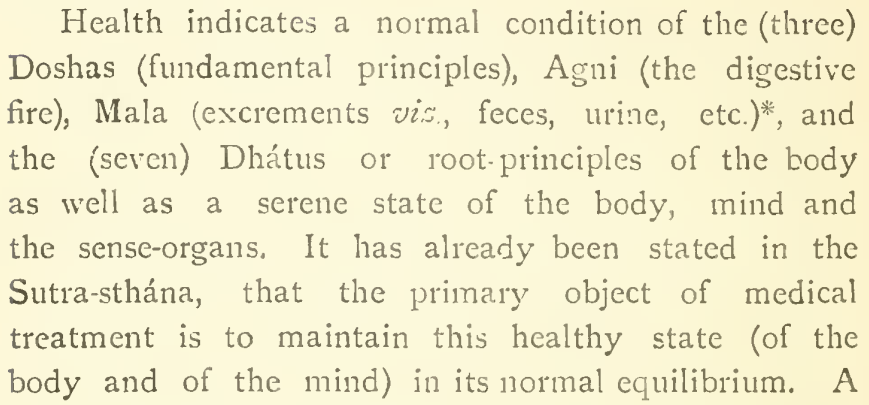Utilizing Ayurveda in the Month of Bhadrapada
Bhadrapada, also known as Bhado or Bhadon, is the sixth month of the Hindu calendar. It usually falls in August or September in the Gregorian calendar, depending on the lunar calendar. Ayurveda, the traditional system of medicine in India, is closely tied to the seasons and lunar calendar. Ayurveda recognizes the impact of seasonal changes on the body's doshas (Vata, Pitta, and Kapha) and recommends different health practices and dietary guidelines for each season. In Bhadrapada, which typically marks the transition from monsoon (Varsha) to post-monsoon (Sharad) season in India, Ayurvedic practices often focus on balancing the increased Vata dosha and maintaining overall health. Here are some Ayurvedic tips and practices you might consider during Bhadrapada: Dietary Adjustments: As the monsoon season wanes, Ayurveda suggests transitioning to a lighter diet that is easy to digest. Include warming and mildly spicy foods to balance Vata. Incorpor...
